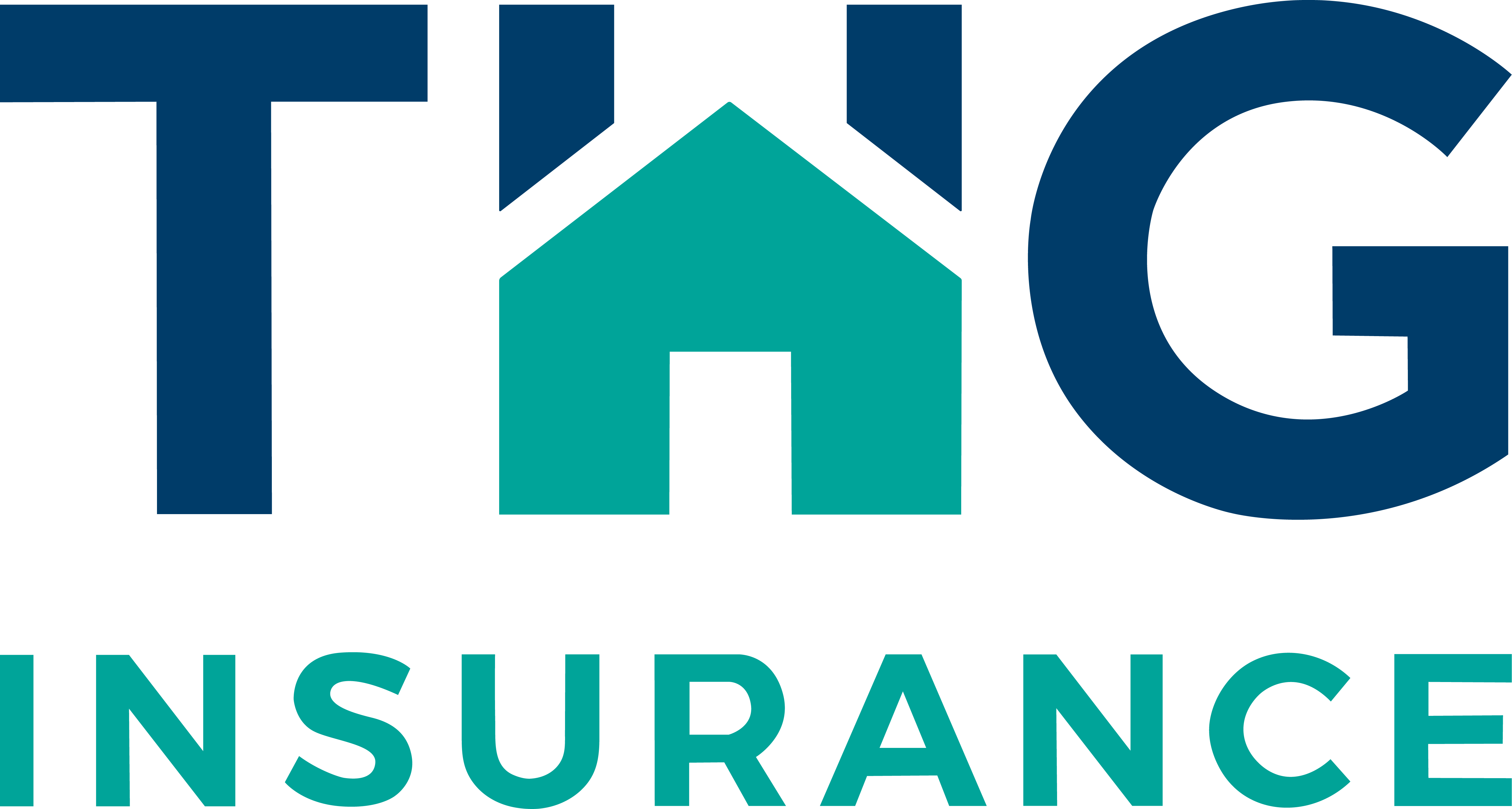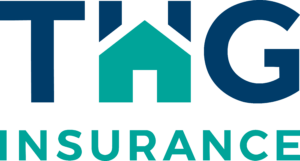In today’s economy, navigating the complexities of insurance can feel intimidating. Problem is, insurance is something everyone needs but few really understand. How can you decide between various home or auto insurance policies? Do you really need flood insurance or renters insurance? There are a million and one big-box style insurance companies out there who will give you a quote, but not many will walk you through the details and make sure you know exactly what you’re signing on to when you put pen to paper.
With inflation on the rise and interest rates fluctuating, many people are feeling the squeeze on their budgets. Who has extra money to spend on policy add-ons they may not even need? When you pay an insurance premium, you want to know exactly what it covers. In times like these, having an insurance agent you can trust is more important than ever.
Expert Guidance in a Changing Landscape
It’s not just the economic landscape that’s changing — with more extreme weather patterns and increasing global uncertainty, a lot of variables can impact your day-to-day life. For example, in 2022 there were just 17 tropical storms and hurricanes in North Carolina — in 2023, that number jumped to 22. Add to that shifting insurance rates and global supply chain uncertainties, and you get a lot of reasons to want comprehensive insurance coverage. But how to choose the right policy for your needs?

With inflation and rate hikes affecting various aspects of our lives, it’s crucial to have an insurance agent who understands the evolving economic landscape. Our agents at The Huneycutt Group stay up-to-date on industry trends and changes, allowing us to provide you with expert guidance tailored to your specific needs. Whether you’re shopping for health insurance, auto insurance, homeowners insurance, or any other type of coverage, we’ll work with you to find the right policy at the right price.
Personalized Service and Support
Every person or family has unique circumstances that influence their insurance needs and budgetary constraints. There’s a reason we maintain our status as a boutique agency. Over our 40 years in the insurance market, we’ve learned that you just can’t replace human connection with a chatbot. Our agents take the time to get to know you personally and understand your goals and concerns before showing you the various auto, boat, home or other insurance offerings available. A young couple expecting their first child has different financial concerns than empty-nesters looking at options for their golden years. We want to know what you are interested in and concerned about. Whether you’re looking to save money on your monthly premiums or ensure that you have adequate coverage in the event of an unexpected emergency, our agents will tailor a plan that meets your needs and gives you peace of mind.

Advocates for Your Best Interests
When it comes to finances, it can be hard to know who has your best interests at heart. We’ve heard plenty of clients tell us that the major insurance agencies were more interested in selling policies than finding the actual best policy for them. At THG Insurance, we care for our clients the way we would for our family. Our team has decades of experience working with major insurers and making sure clients navigate the nitty-gritty of all possible insurance policy options with ease. When you work with us, you can trust that we have your back every step of the way. Whether you need assistance filing a claim, navigating the claims process, or making changes to your policy, we’ll be there to guide you through every aspect of your insurance journey.
In today’s uncertain economy, having an insurance agent you can trust is essential for protecting yourself and your loved ones from unforeseen risks. The Huneycutt Group is dedicated to integrity, transparency, and exceptional customer service. To learn more about how you can get the peace of mind you deserve, send us an email or reach out at 910-338-1773 to speak to an agent.













